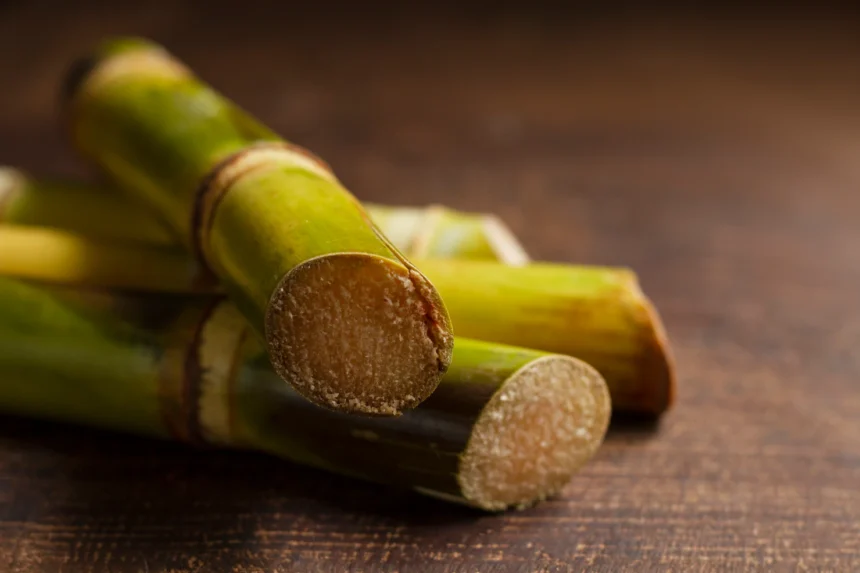Sugarcane production in South Africa has indeed been a sweet success story in the country’s agriculture sector. South Africa is one of the top sugarcane-producing countries in Africa and ranks among the world’s leading producers.
The favorable climate, with warm temperatures and abundant rainfall in regions such as KwaZulu-Natal, Mpumalanga, and the Eastern Cape, provides ideal conditions for sugarcane cultivation. The industry has been able to capitalize on these natural advantages to achieve significant success.
Here are some key points highlighting the success of sugarcane production in South Africa:
- Production Volume: South Africa produces a substantial amount of sugarcane, contributing significantly to both domestic consumption and export markets. The country’s annual sugarcane production consistently exceeds 20 million tons, making it one of the largest producers on the African continent.
- Economic Impact: Sugarcane production plays a crucial role in the South African economy. The industry provides employment opportunities for thousands of people, particularly in rural areas where sugarcane farms are located. It also contributes to the country’s export earnings, helping to boost foreign exchange and trade balance.
- Diversification and Value Addition: The sugarcane industry in South Africa has embraced diversification and value addition. Apart from raw sugarcane, the sector produces various value-added products such as refined sugar, molasses, ethanol, and electricity generation from bagasse (the fibrous residue after juice extraction). These value-added products have expanded the industry’s revenue streams and increased its overall competitiveness.
- Research and Development: The South African sugarcane industry has invested in research and development to enhance productivity, disease resistance, and sustainability. Collaborative efforts between research institutions, government entities, and private companies have resulted in improved farming practices, crop varieties, and mechanization techniques. This focus on innovation has contributed to the industry’s success and sustainability.
- International Reputation: South African sugarcane products are well-regarded internationally, with exports reaching various global markets. The country has established trade partnerships with neighboring African countries, as well as European, Asian, and American markets. The industry’s adherence to quality standards and its ability to meet international demand have solidified its reputation as a reliable supplier.
- Sustainability Initiatives: The South African sugarcane industry has implemented sustainability initiatives to minimize its environmental impact. These include water management strategies, responsible use of agrochemicals, energy-efficient practices, and the promotion of eco-friendly technologies. The industry’s commitment to sustainable agriculture ensures the longevity and viability of sugarcane production in the country.
Overall, sugarcane production in South Africa has witnessed significant success, contributing to economic growth, job creation, and international trade. The industry’s ability to adapt to changing market dynamics, invest in research and development, and prioritize sustainability has positioned it as a key player in the global sugarcane market.
Join 'Farmers Mag' WhatsApp Channel
Get the latest Farming news and tips delivered straight to your WhatsApp
CLICK HERE TO JOIN






